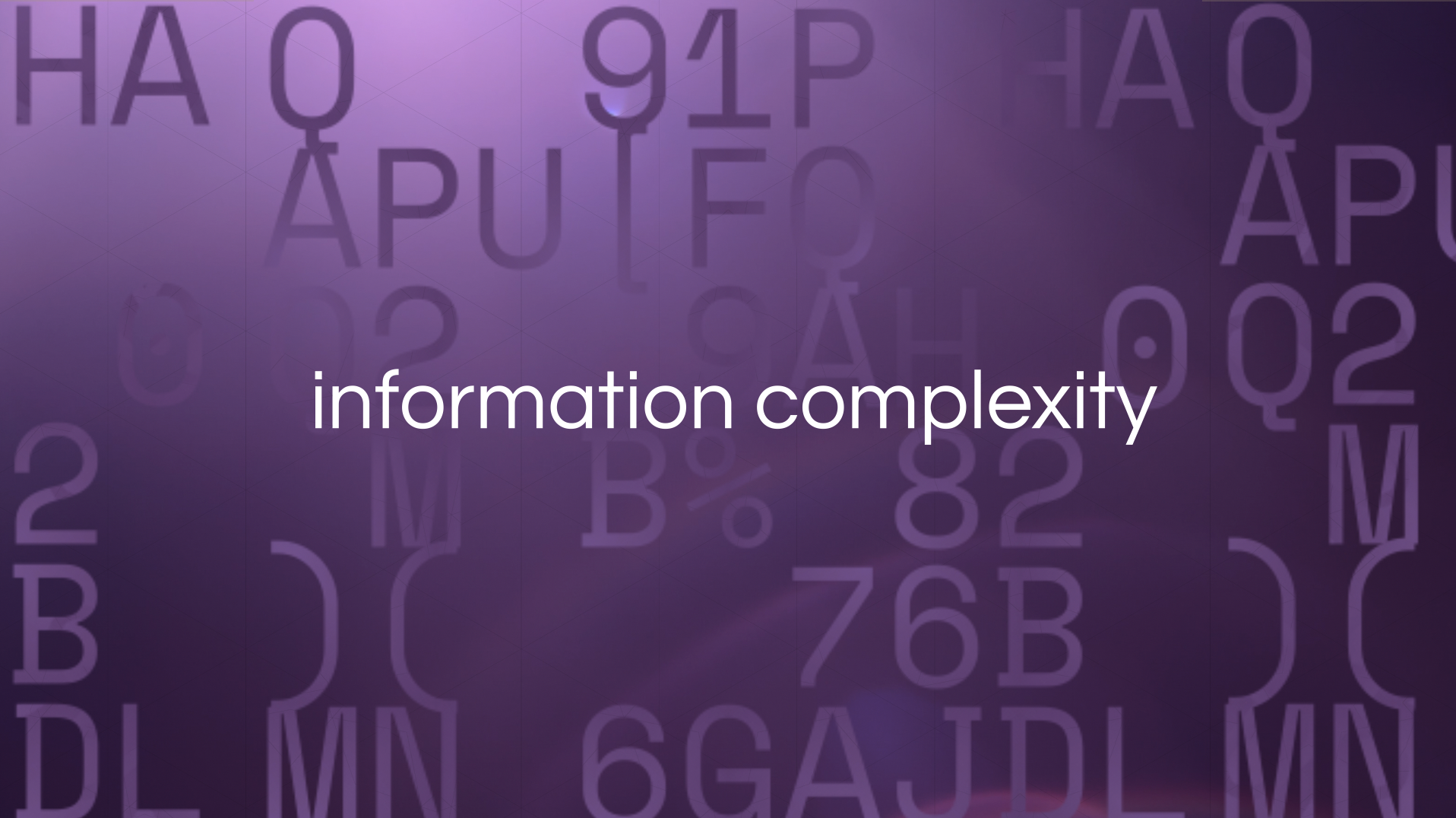In an era defined by overwhelming information complexity and fractured organizational systems, most enterprises are struggling with an existential dilemma: how to scale human reasoning in the face of data overload. Traditional approaches to enterprise AI – whether it's statistical LLMs, RAG architectures, or legacy automation – fall short. Why? Because they fail to transfer what actually matters: the tacit domain expertise of the organization’s best people.
At Accrete, we believe the answer lies in Knowledge Engines: intelligent systems that encode the implicit judgment, intuition, and experience of subject matter experts into Expert AI Agents capable of persistent reasoning and autonomous decision-making.
The Limits of LLMs: A Commoditized Interface
Large Language Models (LLMs) are powerful, no doubt. They’ve mastered the art of statistical mimicry. But mimicry isn’t mastery. LLMs lack conceptual understanding. They don’t reason. They don’t remember. They don’t know why something is true or how one insight leads to another. When decisions carry consequence, enterprises can’t rely on systems that are blind to context and vulnerable to hallucination.
At best, LLMs are user interfaces – commodity interfaces. They facilitate natural interaction, but the intelligence must come from somewhere else.
Knowledge Engines: The Brain Behind the Interface
Knowledge Engines provide that intelligence. They are digital reasoning systems designed to extract and compress tacit domain knowledge from example data, user interaction, and dynamic context into semantic models that evolve over time. These models unify siloed data and serve as the kernel of ground truth that AI Agents can reference when reasoning, predicting, and making decisions on behalf of the organization.
In practice, this means an AI Agent can do more than summarize documents or draft emails. It can anticipate disruptions to a supply chain. It can detect and neutralize narrative warfare. It can identify which IT system changes introduce the highest risk before a ticket is even approved.
Human-Centered AI That Gets Smarter Over Time
Unlike brittle workflows built on static training sets, Accrete’s Knowledge Engines evolve through natural user interaction. When subject matter experts engage with our agents, they aren’t training a model – they’re transferring experience. The Agent adapts, remembers, and improves, in perpetuity.
We’ve seen this firsthand with Argus, one of our flagship Expert AI Agents. In production with national security stakeholders, Argus reasons across fragmented open-source intelligence to surface hidden vulnerabilities, learning continuously and autonomously as it builds upon a foundation of human expertise.
A Pathway to Enterprise Autonomy
The future of enterprise AI isn’t about scaling model parameters – it’s about scaling reasoning capacity. You can’t achieve that without first grounding your AI systems in a domain-specific representation of truth.
Whether it's risk analysis, threat detection, marketing intelligence, or IT operations, Accrete’s Knowledge Engines are helping organizations move from reactive workflows to proactive, autonomous enterprises.
Final Thought
True decision intelligence doesn’t come from training models on the internet. It comes from grounding AI in the lived expertise of your people. That’s the only way to trust that your AI Agents will act in alignment with your mission, values, and strategic objectives.
The age of mimetic AI is ending. The era of Expert AI Agents, built on Knowledge Engines, is just beginning.
